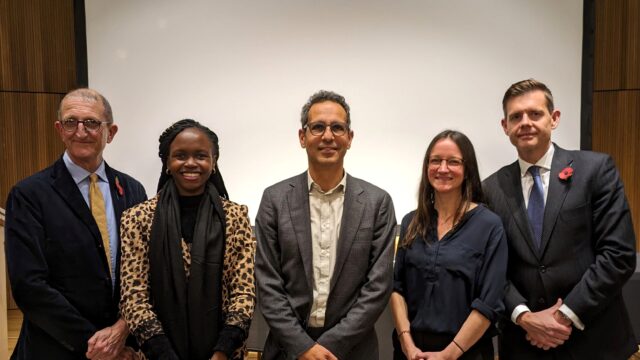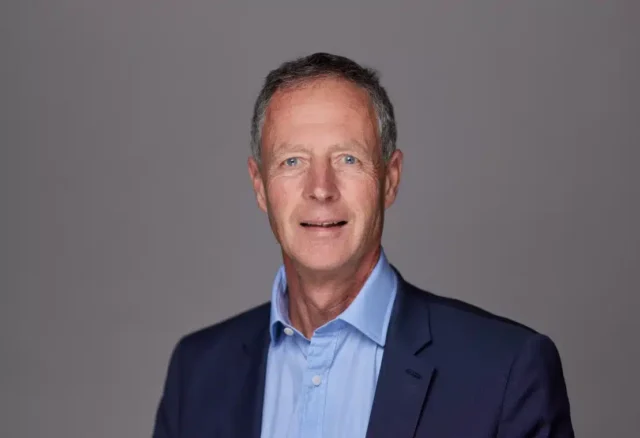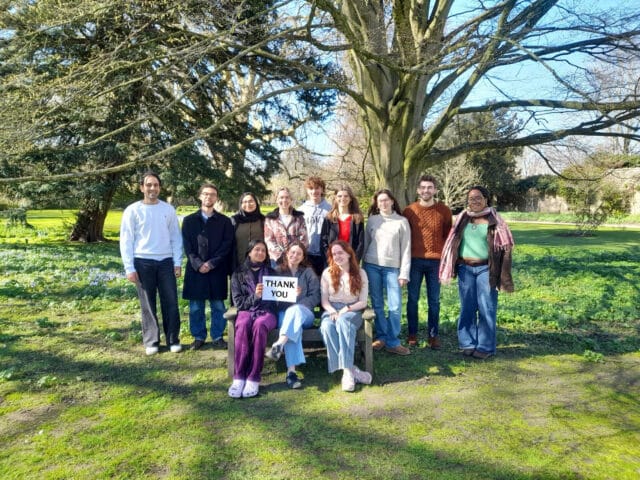Free speech framework piloted at Worcester

06th November 2023
Free speech framework piloted at Worcester
Five University of Oxford colleges have successfully launched a collaborative framework to conduct discussions on so-called ‘difficult’ topics to promote free speech.
The ‘tips’ for planning and running discussions were used to organise an event at Worcester College to debate whether there should be more or less migration to the UK.
The ‘tips’
Freedom of speech is an important value in our democratic society and among other laws is protected by the Human Rights Act 1998. It is also a core tenet of academic discourse, which universities have a legal duty to uphold.
A group of Oxford students, academics and Heads of Colleges worked together to develop a series of ‘tips’ which event organisers may use to organise events on so-called ‘controversial’ topics. The guidance – which supplements rather than replaces existing laws or University policies – endeavours to facilitate the discussion so that organisers feel confident to run debates, speakers feel able to participate and attendees to feel able to contribute.
The debate
The topic of migration was chosen to test the framework, with two speakers addressing each side of the motion. Speaking in support of more migration to the UK were Enver Solomon (CEO, Refugee Council) and Krista Verver (Recent graduate in MSc Migration Studies, St Antony’s College, Oxford). Speaking in support of less migration to the UK were Matthew Goodwin (Professor of Politics, University of Kent) and Rispah Odanga (BCL student at St Antony’s College, Oxford).
The debate was chaired by Worcester College Provost David Isaac who was responsible for facilitating free contributions from all parties and upholding free speech.
The debate was run with the following key principles in mind:
- Attendance was limited to University of Oxford members
- There had been no prior social media publicity or discussions
- There would be no social media during the event
- ‘Chatham House Rules’ would apply
- The event would not be recorded
- Attendees would listen to all contributions in good faith
- Feedback was requested from both speakers and audience members
- A post event press release would be issued
The outcome
The audience and speakers respected the event framework and the debate proceeded in a manner whereby all speakers were able to express their viewpoints – even if they were unpopular. Speakers were subjected to robust challenge from each other and from audience members across the political spectrum.
Polls were taken before and after the debate and the results showed a small swing in favour of reduced migration:
Before the debate
Should there be more or less migration to the UK?
- More: 76%
- Less: 24%
After the debate
Should there be more or less migration to the UK?
- More: 72%
- Less: 28%
Notes to editors
The debate and ‘tips’ were the product of a collaboration between Balliol College, Brasenose College, Mansfield College, Somerville College and Worcester College.
The following document is available online:
These ‘tips’ do not represent the views of the University of Oxford.
Questions and feedback can be received at: fos@worc.ox.ac.uk












